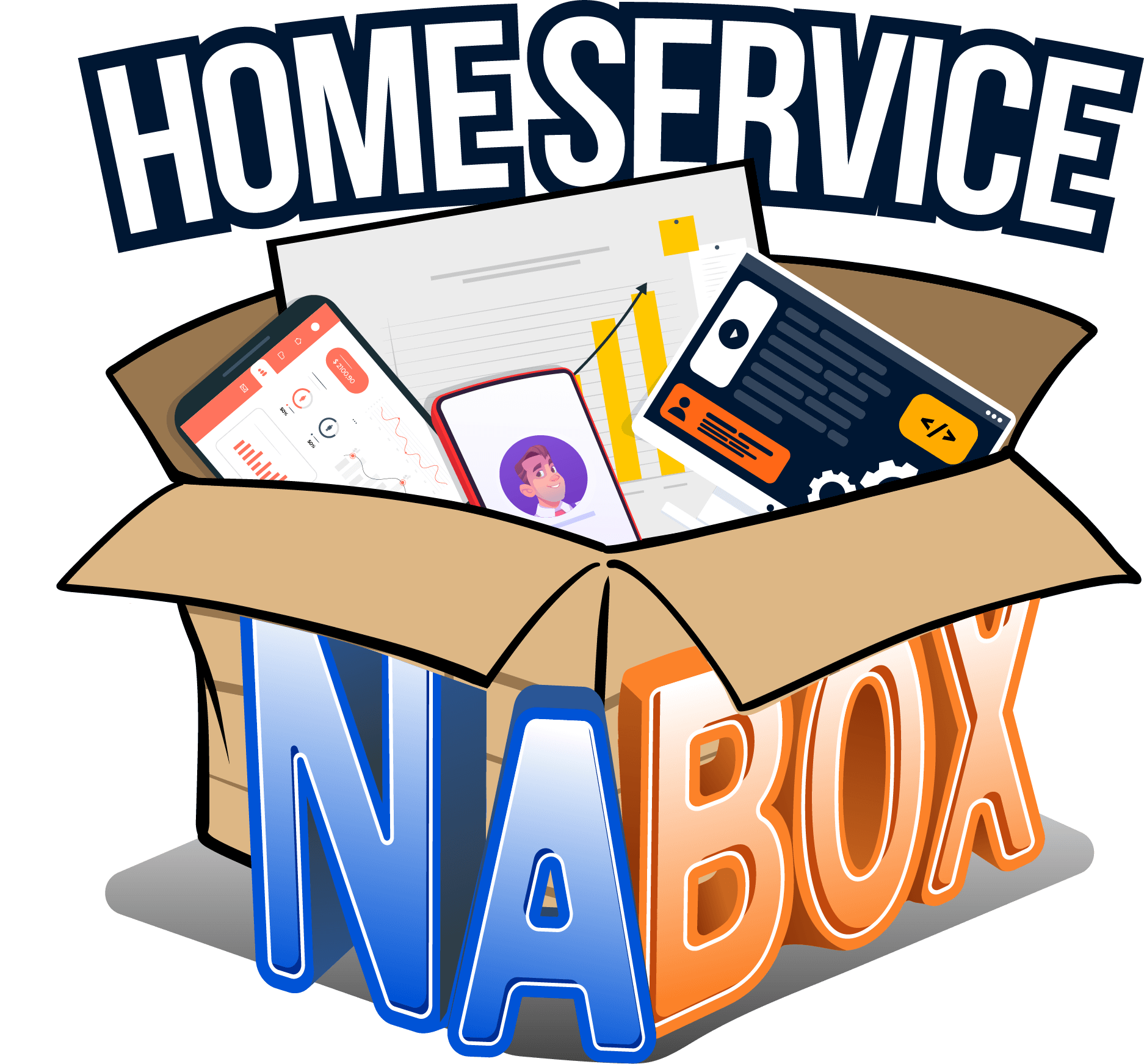
In the competitive landscape of the U.S. home service industry, enhancing your team’s sales performance is crucial for growth and sustainability. Innovative training ideas can empower your sales team, equipping them with the skills and confidence needed to exceed their targets and drive your business forward.
Embrace Role-Playing Exercises
Scenario-based Learning
Customized Scenarios: Tailor role-playing scenarios to reflect the most common, challenging, or unique situations your sales team might encounter. This customization ensures the training is relevant and directly applicable to their daily interactions. For instance, scenarios could range from handling a first-time inquiry to dealing with a hesitant repeat customer considering a more substantial investment in your services.
Diverse Roles: Encourage team members to play both the salesperson and the customer roles. This dual perspective helps salespeople understand the customer’s mindset, concerns, and decision-making process, leading to more empathetic and effective sales strategies.
Realistic Objections: Incorporate a variety of objections and concerns into your scenarios that customers commonly raise. This practice prepares your team to handle objections smoothly and confidently, turning potential deal-breakers into opportunities for reinforcing the value of your services.
Closing Techniques: Focus on scenarios that lead to closing the sale, allowing salespeople to practice and refine different closing techniques. This could include direct closes, summary closes, or assumptive closes, depending on your sales strategy and customer base.
Feedback Loop
Immediate Feedback: Provide immediate, constructive feedback after each role-playing session. Immediate feedback helps reinforce what was done well and what could be improved, ensuring lessons are fresh and actionable.
Positive Reinforcement: Start with positive feedback, highlighting the strengths and effective strategies the salesperson demonstrated. This positive reinforcement encourages confidence and reinforces successful sales behaviors.
Constructive Criticism: Follow up with specific, constructive criticism. Focus on one or two key areas for improvement to avoid overwhelming the salesperson. Offer practical tips or strategies for addressing these areas in future interactions.
Peer Feedback: Encourage team members to provide feedback to each other. Peer feedback can offer different perspectives and solutions, fostering a collaborative learning environment. It also helps build a team culture where members support each other’s development.
Actionable Takeaways: Conclude feedback sessions with actionable takeaways. Salespeople should leave with clear, specific steps they can take to improve their performance based on the feedback received.
Continuous Improvement: Regularly revisit role-playing exercises and feedback sessions as part of your ongoing training program. This repetition ensures continuous improvement and helps salespeople adapt to new products, services, or market conditions.
Leverage Technology and Tools

CRM Training
Comprehensive CRM Workshops: Conduct workshops that cover all features of your CRM software, from basic functionalities to advanced features. Ensure that the training is hands-on, allowing team members to practice entering data, setting reminders, and tracking customer interactions in real time.
Customized CRM Scenarios: Develop training modules based on common sales scenarios your team encounters. This could include tracking leads through the sales funnel, scheduling follow-ups, and logging sales activities. Custom scenarios help your team understand how to use the CRM in ways that directly impact their daily tasks.
Ongoing CRM Support: Provide ongoing support and refresher sessions to ensure that your team remains proficient in using the CRM. As CRM platforms update and evolve, keeping your team informed about new features and best practices can help maintain their proficiency and maximize the tool’s benefits.
Digital Literacy
Social Media Training: Offer specialized training sessions focused on leveraging social media platforms for sales. This includes identifying potential leads, engaging with customers, and using social media analytics to tailor sales strategies. Training should cover the nuances of each platform, such as LinkedIn for B2B sales and Instagram or Facebook for B2C interactions.
Content Creation Workshops: Equip your team with the skills to create engaging content that attracts and retains customer interest. This could involve basic graphic design, video production, and writing compelling copy that highlights the benefits of your services.
Digital Tools for Lead Generation: Introduce your team to digital tools and software that can aid in lead generation, such as email marketing platforms, SEO tools, and online advertising platforms. Training should include how to create and manage campaigns, analyze performance data, and adjust strategies based on analytics.
Building a Digital Brand Presence: Teach your sales team the importance of a strong digital brand presence, not just for the company, but for themselves as sales professionals. This includes maintaining professional profiles on social media, engaging with industry-related content, and positioning themselves as knowledgeable experts in the home service industry.
Focus on Product Knowledge
Deep Dives
Structured Product Training Sessions: Organize regular, structured training sessions that cover each product or service in detail. These sessions should not only highlight features and benefits but also delve into the technical aspects, usage scenarios, and customer success stories. This comprehensive approach ensures that your team understands the full value proposition of what they’re selling.
Interactive Learning Experiences: Move beyond traditional presentations by incorporating interactive elements into your training. Use quizzes, hands-on demonstrations, and customer role-play scenarios to engage your team actively. This interactive approach helps reinforce learning and makes it easier for sales representatives to recall information during sales conversations.
Competitor Awareness
Competitive Analysis Workshops: Conduct workshops focused on analyzing your competitors’ strengths and weaknesses. These sessions should cover competitors’ product offerings, pricing strategies, market positioning, and unique selling propositions. Understanding these elements allows your sales team to effectively communicate how your products or services stand out.
Role-Playing Competitive Scenarios: Implement role-playing exercises that simulate sales situations involving competitors. These scenarios can help your team practice how to position your products against competitors’ offerings and how to handle objections related to competitive advantages. This preparation is invaluable for real-world sales interactions.
Regular Updates on Competitive Landscape: The market and your competitors are always evolving. Provide your team with regular updates on any significant changes in competitors’ strategies, product launches, or market positioning. This can be done through newsletters, email updates, or brief meetings. Staying informed enables your team to adjust their sales strategies proactively.
Implement Sales Methodology Training

Sales Frameworks: Introduce your team to proven sales methodologies (e.g., SPIN Selling, Solution Selling) that align with your business model and customer base.
Customization: Tailor these methodologies to fit your specific service offerings and market niche.
Set Clear Goals and Incentives
Goal Setting: Work with your sales team to set achievable, motivating sales targets.
Incentive Programs: Design incentive programs that reward not just the end sales results but also the effort and improvements in sales skills.
Foster a Culture of Team Selling
Teamwork Exercises: Promote exercises that build trust and cooperation among your sales team, emphasizing the value of team selling over individual achievements.
Success Sharing: Celebrate wins as a team, sharing success stories and learning from each sale to build a supportive sales environment.
Utilize Customer Feedback
Real Customer Insights: Regularly share customer feedback with your sales team, highlighting what customers love about your service and where there’s room for improvement.
Adaptation: Use this feedback to adapt sales strategies and training to better meet customer needs and expectations.
Boosting your sales team’s performance requires a multifaceted approach, combining skill development, technology utilization, and a supportive culture. By implementing these innovative training ideas, you can empower your sales team to achieve new heights of success, driving growth and customer satisfaction in your home service business.
🚀 Elevate Your Sales Team with Home Service NA Box 🚀
Take your sales team to the next level with Home Service NA Box. Our comprehensive training programs and resources are designed to boost your sales performance, ensuring your team has the skills, knowledge, and motivation to succeed. We utilize on-site full service business assessments and dashboards to help our clients. Join us in transforming your sales approach and achieving unparalleled growth. Contact us today and let’s unlock your team’s potential together. 🌟💼📈
